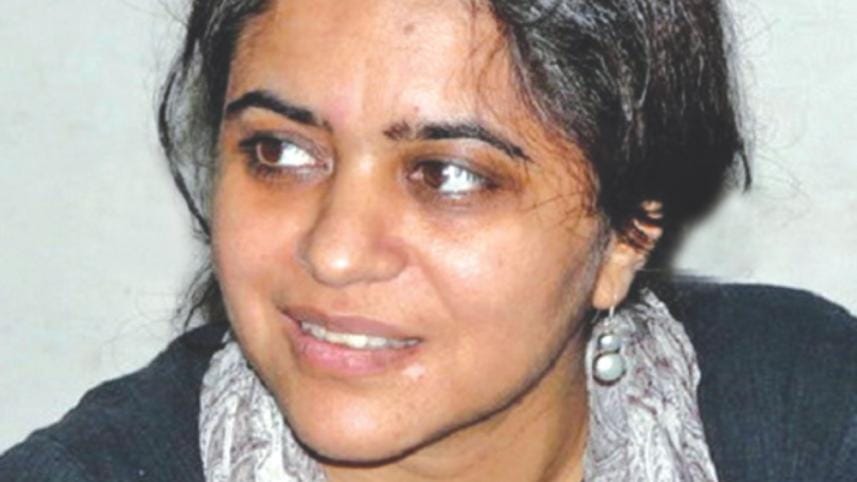There is no guideline limiting the actions that they can take: Sara Hossain

We challenged this legislation as being unconstitutional back in 2010. There was a petition that was filed by three of my colleagues who challenged the blocking of Facebook in 2010.
It's not just the section 57; we have to look at section 46 of the same law which allows blocking of websites based on the same kind wide, vague language—anything that is hurtful to religious sentiments, anything that hurts an image of a person or the state. And the basis of our challenge was that such wide and vague language without any specific criteria means that the authorities can act arbitrarily.
It has been almost ten years now since this law came to being in 2006 and we have seen it repeatedly being used in a very arbitrary way. Not only are websites blocked from time to time but individuals are facing prosecution for a variety of kind of speech which may be considered quite acceptable in any democratic society. For example, speech that is critical about senior leaders of the government is normally acceptable as political commentary in any democratic society. But here there are individuals who are facing threat of imprisonment because of their comments. Bloggers who are supposedly making comments that are hurtful to religious sentiments are also facing threat of arrest under this law.
The law itself does not provide any safeguards. For example, if you are going to see digital content from someone's email or Facebook page, how does this law allow you to establish that you have legitimately taken that content from that person? If you look at similar laws in India, they provide restrictions. It means that you can actually ensure if something was taken from your own material and not planted there later.
This law was made under the BNP rule in October 2006, and then, very unfortunately, amendments were made, by the Awami League government in 2013 where they increased the powers given to the police to arrest anyone on suspicion and made the offence non-bailable. The amendments made the law even more abusive than it was before.
At this point it is very welcome that a former law minister himself has said something about the way this law is being used, for example, to deny bail to Probir Sikdar. He made the point that denying bail to a person with disabilities is wrong. But I think there is a broader point: denying bail where there is no risk of them tampering with evidence, no risk of them escaping, there is no issue of them being a danger to the public.
So I think at this point it is crucial to look at sections 46 and 57. When the government has made a commitment toward a digital Bangladesh, having sections 46 and 57 in the law, and the way they are being operated currently, will have a chilling effect not only on the freedom of expression, but also on the development and economic growth of Bangladesh.
The commentator is Advocate, Supreme Court of Bangladesh.




 For all latest news, follow The Daily Star's Google News channel.
For all latest news, follow The Daily Star's Google News channel.
Comments